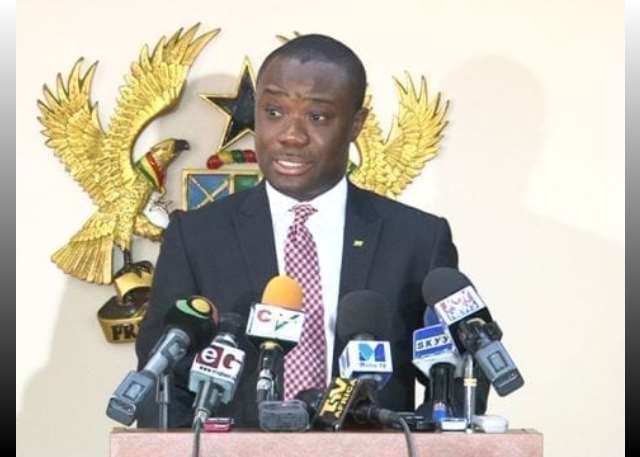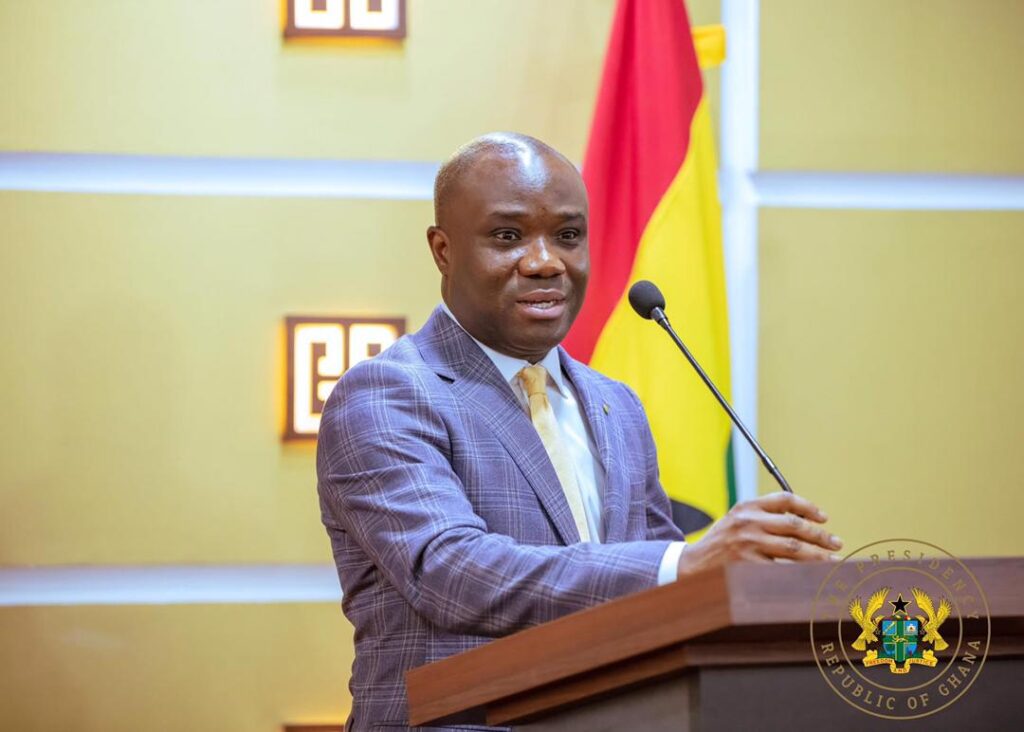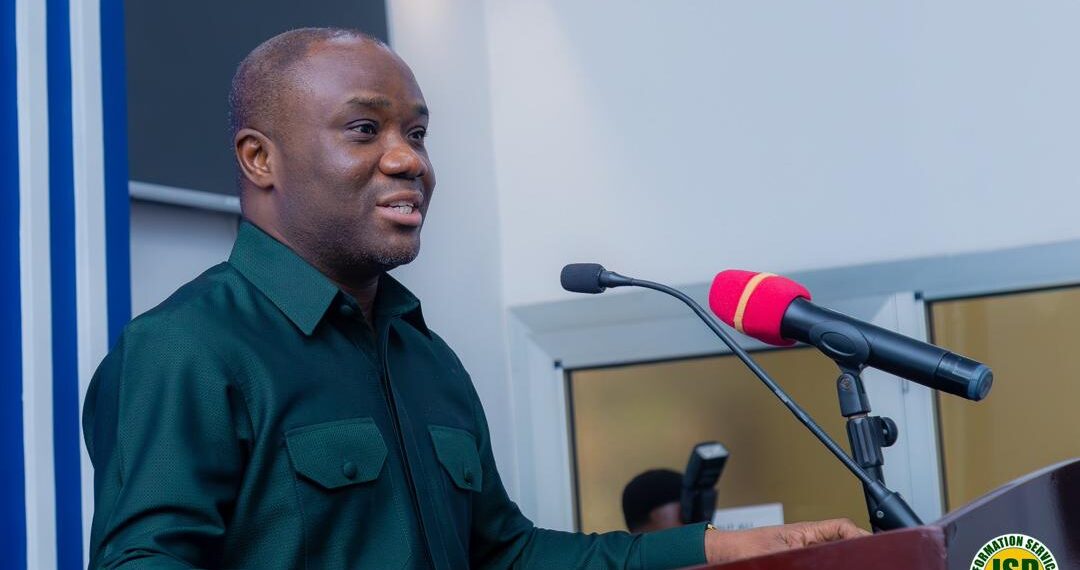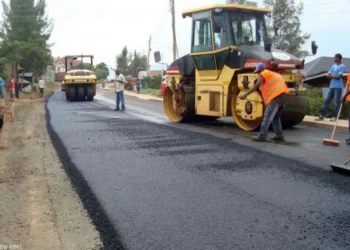The government of Ghana has announced a bold nationwide plan to construct nearly 600 Community-based Health Planning and Services (CHPS) compounds by the end of 2025 as part of its commitment to expanding primary healthcare infrastructure under President John Dramani Mahama’s administration.
The Minister of State in charge of Government Communications, Hon. Felix Kwakye Ofosu, disclosed the initiative during a regional engagement, stressing that each district is expected to undertake the construction of at least two new CHPS facilities within the year.
The effort, which forms part of a broader healthcare strategy, is expected to significantly boost access to essential health services in underserved communities.
“Each district is required to construct two new CHPS compounds this year. So if you put that together, we are talking in excess of almost close to 600 CHPS compounds that will be put up this year alone, or at least work on them will start this year”
Hon. Felix Kwakye Ofosu, Minister of State in charge of Government Communications
According to the Minister of Government Communications, the decentralized approach empowers district assemblies to lead implementation. The scale and urgency of the effort, is aimed at bridging healthcare access gaps in rural and peri-urban communities where health delivery infrastructure has historically lagged.
Hon. Kwakye Ofosu emphasized that by investing in grassroots-level facilities, the government aims to decongest urban hospitals while strengthening community-based prevention and treatment systems.

2,000 Facilities in Sight
Hon. Felix Kwakye Ofosu projected that maintaining the current tempo would result in the construction of more than 2,000 CHPS compounds over the next four years.
This, according to the Minister, would provide millions of Ghanaians with direct access to healthcare in their communities. The government noted that such proximity to basic health services could improve early diagnosis, maternal and child health outcomes, and reduce mortality caused by preventable diseases.
He cited the performance of the Abokomano CHPS compound in the Abura Asebu Kwamankese Constituency – an earlier initiative he spearheaded – as evidence of the impact of such facilities.
“The information I have is that between that time and now, close to 1,000 patients have received health care in that facility”
Hon. Felix Kwakye Ofosu, Minister of State in Charge of Government Communications
The compound, built in April 2024, is located in Moree and was described as a “modest contribution” to local health delivery at the time. The successful operation of that facility within a year is seen by the ministry as a tangible example of the critical role CHPS compounds play in the delivery of frontline health services.
Quality Healthcare
The government insisted that the expansion is not only about quantity but also quality. It reiterated its commitment to ensuring that new CHPS compounds are well equipped and staffed to serve their respective catchment areas effectively.

“At various levels, we will make efforts to invest in health facilities that meet the needs of the people,” the Minister said, reiterating its broader health policy agenda.
Beyond constructing new CHPS facilities, the government is also expected to channel investment into medical logistics, staffing, and digital health records integration – key enablers of efficient rural healthcare delivery.
The government maintained that the strategy is holistic and aligned with Ghana’s pursuit of universal health coverage.
As Ghana continues to work toward achieving Sustainable Development Goal 3 – ensuring healthy lives and promoting well-being for all – the role of CHPS in prevention and primary care is becoming increasingly central.
Health experts say the model remains one of the most sustainable approaches to bringing healthcare to the doorsteps of Ghanaians, particularly in remote locations.
With over 2,000 new CHPS compounds projected in four years, and 600 slated for construction or initiation by the end of 2025 alone, the government’s vision signals a significant shift in the country’s healthcare accessibility framework under President Mahama’s leadership.
READ MORE: Possigee Pursues Education in Finland Over Pensions


















